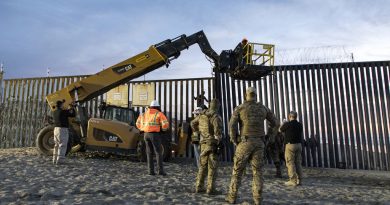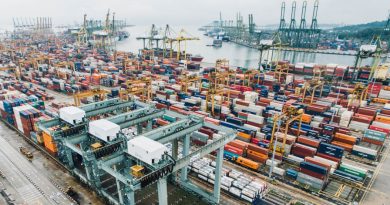Western States Should Support Sudan’s Transitional Government
Jungin Kim
Associate Editor
In the wake of the deposition of autocrat Omar al-Bashir and replacement by the Transitional Military Council (TMC), Sudan has been fraught with violence and confusion. In Khartoum, the provisional military regime notoriously slew student protesters on June 3, 2019, according to The New York Times. Since the TMC’s succession, the citizens of Sudan have been vehemently opposed to the new militaristic government. The Sudanese people and the transitional military junta have been at an impasse when trying to establish a new government, leading to increasing protests and further violence by paramilitary groups.
As stated by Al Jazeera, through the power-sharing agreement, the Forces of Freedom and Change (FFC) have continuously negotiated the reestablishment of a government Sudan but have yet to produce results. The Sudanese Revolutionary Front (SRF), a conglomeration of separate rebel groups, and the Sudanese Professionals Association (SPA), both participants in the FFC, have been the main sources of opposition to the TMC.
In September of 2019, both the TMC and the SPA took measures to work toward peace. AP News reports that should the two parties not come to an agreement within the next couple of months, the already fragile cease-fire may erupt into a deadly conflict. The peace talks include scheduling negotiations, trust-building, possible extension of the cease-fire, as well as addressing the human rights violations committed by paramilitary groups.
Though Sudan’s ongoing turmoil only prolongs the stagnation of its economy, there has been progress in the country’s political scene, namely the nomination of Abdalla Hamdok to the seat of Prime Minister in the transitional government. Appointed by the FFC, Prime Minister Abdalla Hamdok leads the charge in repealing restrictions on women’s rights and aiming to abolish other archaic statutes imposed by the previous regime. In an interview with NPC, Hamdok explains how the U.S.’s listing of Sudan as a state sponsor of terrorism crippled the economy. She says that delisting Sudan would be a vital step toward remedying the nation’s fiscal crisis. The prime minister hopes for international businesses to invest in the nation’s resources so that Sudan’s economy could slowly regenerate.
It is necessary for countries such as the U.S. to resume trade with Sudan to allow Sudan to develop. Many of Sudan’s current issues originated from the country’s shattered economy and it should be of paramount interest to revive the country’s industries. Foreign investment, especially from U.S. industries, would exponentially increase the possible output of Sudan’s resources, and in turn, ease much of the current tension between the citizens and the government. Future negotiations should look to cater toward the immediate needs of Sudanese, however, it is equally crucial for the parties to consider setting the groundwork for the forthcoming government.
The Sudanese people have been met with great adversity from all fronts. The international community has a critical role in the harmonious inception of a new government in Sudan. Though the Transitional Military Council and Forces of Freedom and Change have largely disagreed on how to move the country forward, the commitment to further negotiations brings hope for a peaceful and prosperous future.


